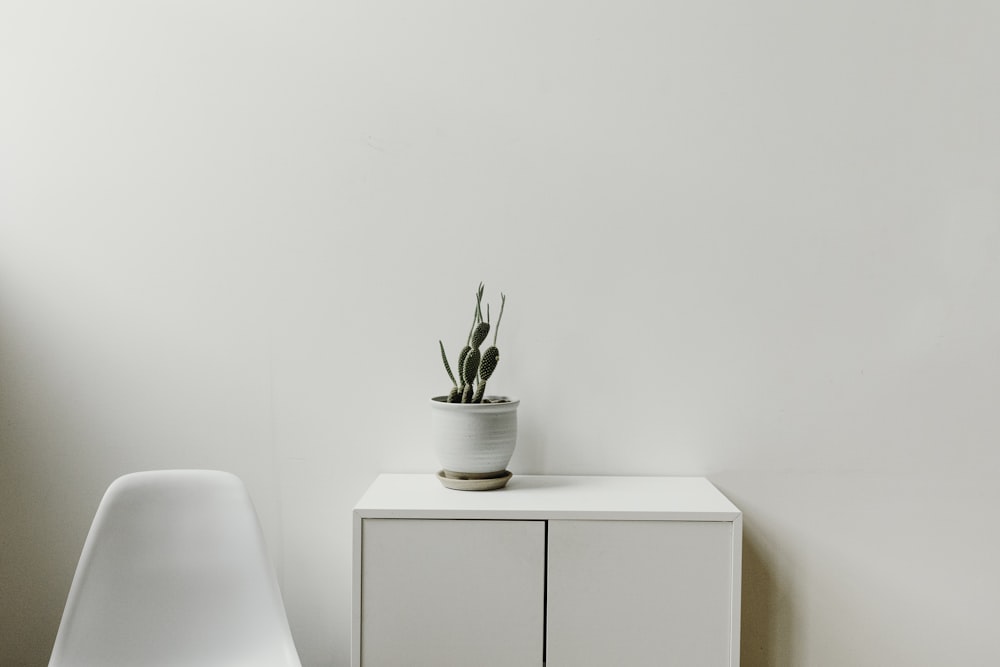
Most US patients suffering mental infirmity use complementary modalities. One research reported that more than 50 percent of patients with depression and anxiety conditions have resorted to complementary methods over the past one year.
Naturopathic medicine is an exceptional approach towards mental healthcare that depends on unique principles and offers both conservative and natural treatment alternatives. To support these services, payment providers like emerchantbroker.com are now opening quick Nutraceutical Merchant Accounts for anyone qualified and willing to venture.
In this year’s Journal of Alternative and Complementary Medicine, Breed and Bereznay assess the excellence and impact of this technique on patients showing symptoms of depression.
This research, referred to as Natural Medicine Quality Improvement Project for Treatment of Anxiety and Depression studied data from a total of 60 patients over a 26-month span. All the subjects (patients) were regularly cared for at one of the many “Health Point” local health centers. Several clinics offered complementary healthcare to homeless, low-income and uninsured patients in King County.
The mean for clinic visits for all patients during the research period was 3.3. Every patient made at least a visit to a naturopathic physician. 25 percent strictly visited naturopathic doctors, while 55 percent also visited conventional healthcare providers. Another 55% saw behavioral health experts.
Of all modalities, nutraceuticals (i.e multivitamin, vitamin D, fish oil, GABA) were the most common at 75 percent. Next were anti-anxiety pharmaceuticals at 32 percent, followed by homeopathic solutions at 30 percent, herbal medication at 25% and lastly, acupuncture at 20 percent.
The PHQ-9 (Patient Health Questionnaire) depression screen and GAD-7 (Generalized Anxiety Disorder 7-item) scale were used to assess all “before” and “after” measurements.
Scholars discovered significant progress from “before” as revealed by the PHQ-9 (16.4 vs 8.6; p<0.001) and GAD-7 (12.4 vs 7.2; p<0.001). Eventually, the response rate from “before” was 59 percent for depression and 30 percent for anxiety.
Conclusion
The results above compare well to similar response rates seen in comparable studies performed by psychiatrics, in local health centers. This informative study will help research bodies dealing with the efficiency of naturopathic healthcare in treating depression and anxiety in local health centers.
Author Bio
Electronic payments expert, Blair Thomas, co-founded eMerchantBroker in 2010. His passions include writing/producing music, and travel. eMerchantBroker is America’s No.1 Nutraceutical Merchant Account company, serving both traditional and high-risk merchants.







